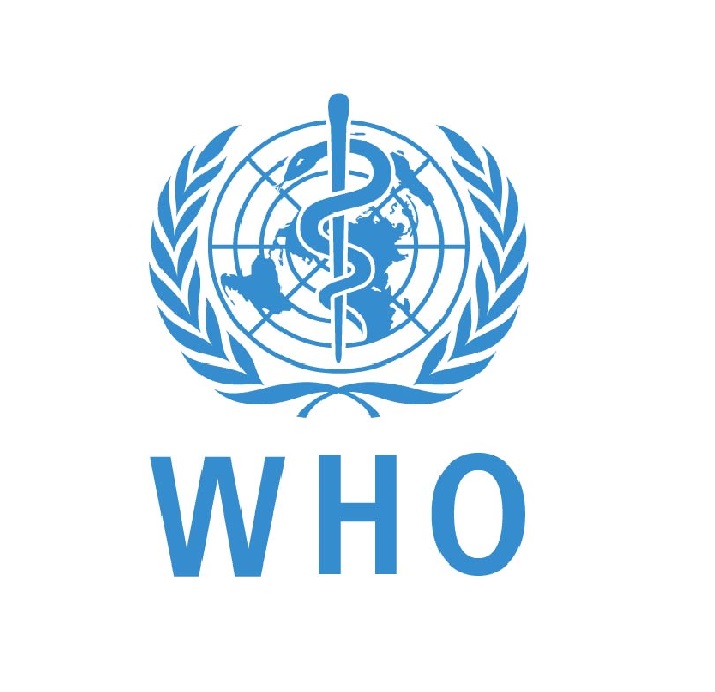WHO data show unprecedented treatment coverage for bilharzia and intestinal worms
Kolkata, Dec 27 The latest data on treatment for schistosomiasis (bilharzia) and soil-transmitted helminthiases (intestinal worms) show encouraging trends towards the goal of attaining a minimum target of treating at least 75 per cent of school-aged children in areas endemic for these parasitic infections, making it technically feasible to achieve the global targets set for 2020. In 2017, almost 99 million people were treated for schistosomiasis worldwide, most of whom were in countries in WHO’s Region of Africa – making up for almost 88 per cent of the global total. “A further 9.4 million treatments were provided globally in 2017 than in 2016,” said Dr Amadou Garba-Djirmay, Medical Officer who heads the global schistosomiasis elimination programme. “And if we compare the figures of the past two years, it means that the global treatment for school-aged children increased from 53.7 per cent in 2016 to 68.0 per cent in 2017 which very close to reaching the target of 75 per cent.” Many countries in WHO’s African Region remain highly endemic for schistosomiasis and carry the world’s heaviest burden. But with higher numbers of school-aged children being treated – reaching more than 69 per cent of all children requiring treatment in 2017 – an encouraging trend has emerged towards achieving WHO’s 2020 NTD roadmap goal of eliminating morbidity from schistosomiasis in some countries in Africa. For other African countries where the disease is highly endemic, it is time they start to implement WHO-recommended control programmes. “We need to provide free medicines to equitably treat everyone – and this includes women of childbearing age and all adults at risk of the disease – if we are to achieve universal health coverage,” said Dr Garba-Djirmay. “Despite a slight increase in treatment coverage from 14.3per cent in 2016 to 16.9 per cent in 2017, overall treatment for adults has remained low; the main reason is the unavailability of the medicine (praziquantel1) for all age groups.”


Comments are closed.